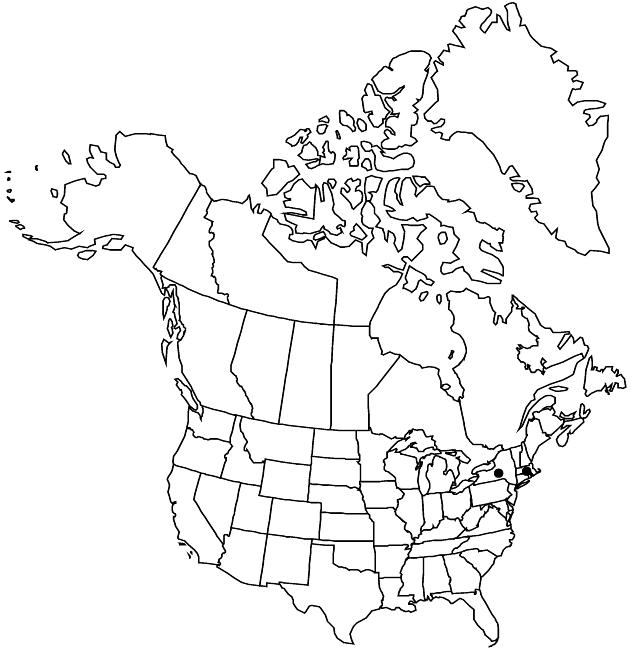Difference between revisions of "Inula salicina"
Sp. Pl. 2: 882. 1753.
Treatment appears in FNA Volume 19. Treatment on page 474.
FNA>Volume Importer |
imported>Volume Importer |
||
| (3 intermediate revisions by 2 users not shown) | |||
| Line 22: | Line 22: | ||
|habitat=Roadsides, waste places | |habitat=Roadsides, waste places | ||
|distribution=Mass.;N.Y.;Europe. | |distribution=Mass.;N.Y.;Europe. | ||
| + | |introduced=true | ||
|discussion=<p><i>Inula salicina</i> is probably an occasional escape from garden trash and not truly established in the flora.</p> | |discussion=<p><i>Inula salicina</i> is probably an occasional escape from garden trash and not truly established in the flora.</p> | ||
|tables= | |tables= | ||
| Line 31: | Line 32: | ||
-->{{#Taxon: | -->{{#Taxon: | ||
name=Inula salicina | name=Inula salicina | ||
| − | |||
|authority=Linnaeus | |authority=Linnaeus | ||
|rank=species | |rank=species | ||
| Line 46: | Line 46: | ||
|publication year=1753 | |publication year=1753 | ||
|special status= | |special status= | ||
| − | |source xml=https:// | + | |source xml=https://bitbucket.org/aafc-mbb/fna-data-curation/src/2e0870ddd59836b60bcf96646a41e87ea5a5943a/coarse_grained_fna_xml/V19-20-21/V19_796.xml |
|tribe=Asteraceae tribe Inuleae | |tribe=Asteraceae tribe Inuleae | ||
|genus=Inula | |genus=Inula | ||
Latest revision as of 19:56, 5 November 2020
Plants 20–80+ cm. Leaves: basal blades lanceolate, 2–6 cm × 5–15(–30) mm; cauline blades broadly elliptic to lanceolate, (3–)5–7+ cm × 12–20 mm, bases cordate, clasping (faces usually glabrous, adaxial venation raised, reticulation prominent). Involucres 8–12(–20) mm diam. Outer phyllaries lance-linear, 5–7 × 1.5–2.5 mm; inner similar, more scarious. Ray florets 35–70; corolla laminae 10–15+ mm. Disc corollas 5–7+ mm. Cypselae 1.5–2 mm, glabrous; pappi of 30–40+, distinct or basally connate, barbellate bristles 7–8 mm. 2n = 16.
Phenology: Flowering mid–late summer.
Habitat: Roadsides, waste places
Distribution

Introduced; Mass., N.Y., Europe.
Discussion
Inula salicina is probably an occasional escape from garden trash and not truly established in the flora.
Selected References
None.
Lower Taxa
None.